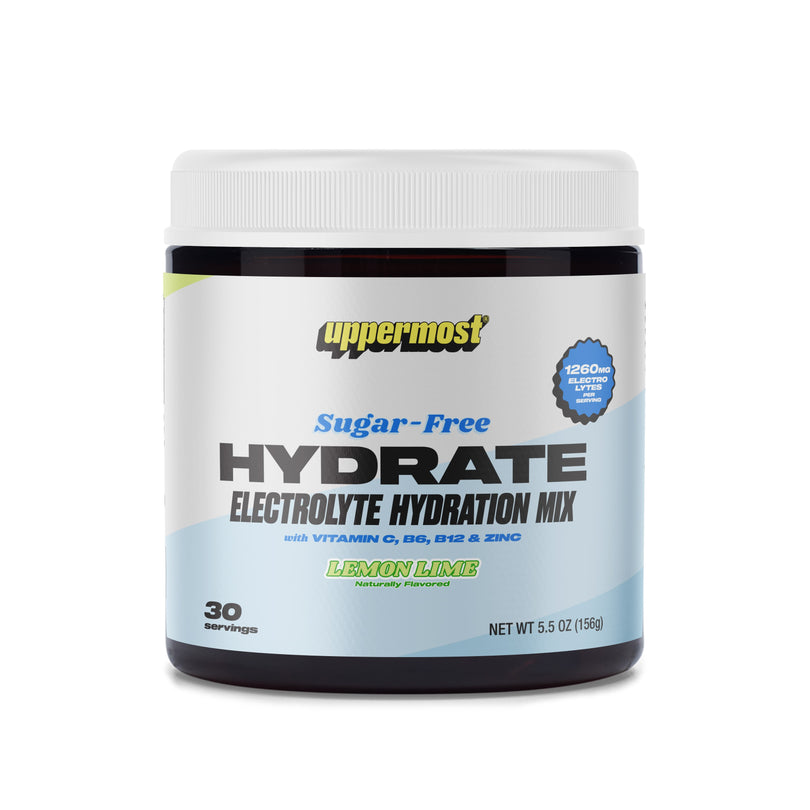Fasting has gained significant popularity in recent years as a powerful tool for weight loss, improved metabolic health, and increased longevity. However, fasting can also lead to electrolyte imbalances in the body, raising the question: Should you take electrolytes during fasting? In this article, we will explore the importance of electrolytes, their role in the body, and whether supplementing with electrolytes can enhance your fasting experience. Let's dive in!
Electrolytes are essential minerals that carry an electric charge in our body fluids. They play a crucial role in maintaining proper hydration, conducting nerve impulses, balancing pH levels, and supporting muscle contractions. The major electrolytes include sodium, potassium, calcium, magnesium, chloride, and phosphate.
During fasting, especially if it's an extended fast or water fast, the body enters a state of ketosis, where it relies on stored fat for energy. As the body breaks down fat, electrolytes can become depleted due to increased fluid loss. This can lead to symptoms such as muscle cramps, weakness, fatigue, dizziness, and irregular heart rhythms.
Maintaining proper electrolyte balance is vital for overall health, regardless of whether you are fasting or not. When electrolytes are in balance, the body functions optimally, and all cellular processes are supported. However, an imbalance can disrupt various bodily functions and lead to adverse effects.
Supplementing with electrolytes during fasting can provide several benefits:
-
Hydration: Electrolytes help maintain fluid balance in the body, ensuring adequate hydration. This is particularly important during fasting when water intake may be limited.
-
Energy and Performance: Electrolytes play a crucial role in muscle contractions and nerve function. By replenishing electrolytes, you can potentially improve physical and cognitive performance during fasting.
-
Electrolyte Imbalance Prevention: Taking electrolytes while fasting can help prevent the depletion of essential minerals and reduce the risk of electrolyte imbalances.
When selecting electrolyte supplements, consider the following factors:
-
Sodium and Potassium: Look for sugar-free hydration powders that contain sodium and potassium, as these are the primary electrolytes lost during fasting. These minerals are vital for maintaining fluid balance and supporting nerve and muscle function.
-
Magnesium: Magnesium is another important electrolyte that is often deficient in the general population. It supports energy production, muscle relaxation, and sleep quality.
-
Quality and Purity: Opt for high-quality, sugar-free electrolyte powders that are free from additives, artificial flavors, and unnecessary fillers. Pay attention to labels and ingredient lists to ensure the product does not contain any sugars.
-
Dosage: Follow the recommended dosage instructions provided by the supplement manufacturer. If you have any underlying health conditions or are on medication, consult your healthcare professional before starting any supplementation.
While fasting can offer numerous health benefits, it's essential to prioritize electrolyte balance during this period. Electrolytes play a crucial role in maintaining hydration, supporting muscle function, and ensuring overall well-being. By supplementing with electrolytes, you can optimize your fasting experience and reduce the risk of electrolyte imbalances. Remember to choose high-quality electrolyte supplements and consult a healthcare professional if you have any concerns. Stay hydrated, stay balanced, and embrace the power of fasting for improved health!






